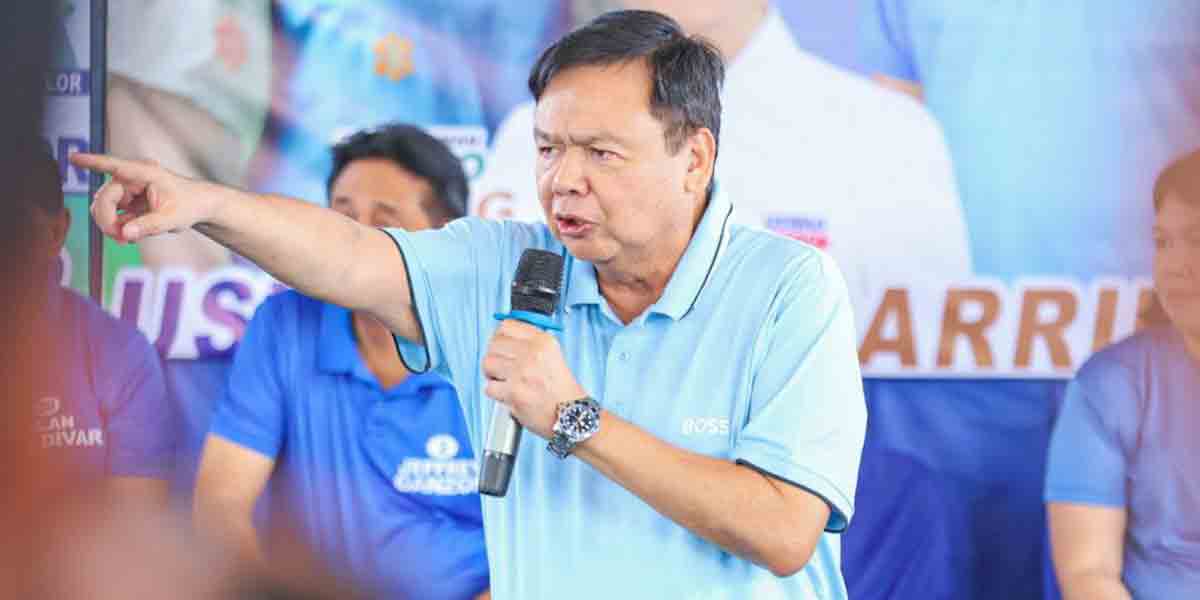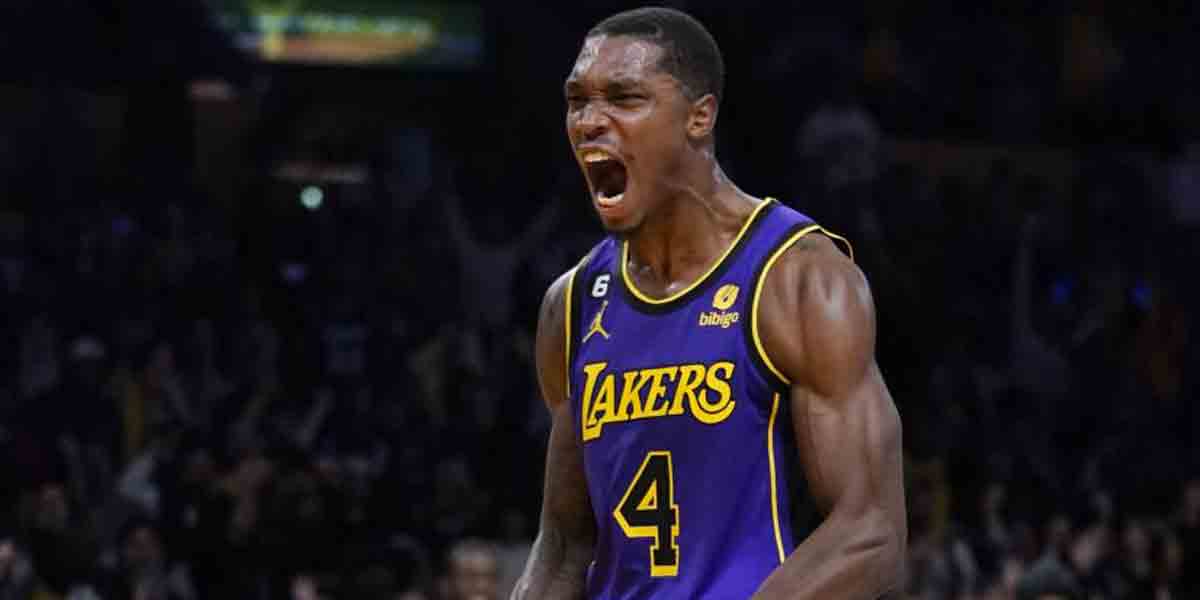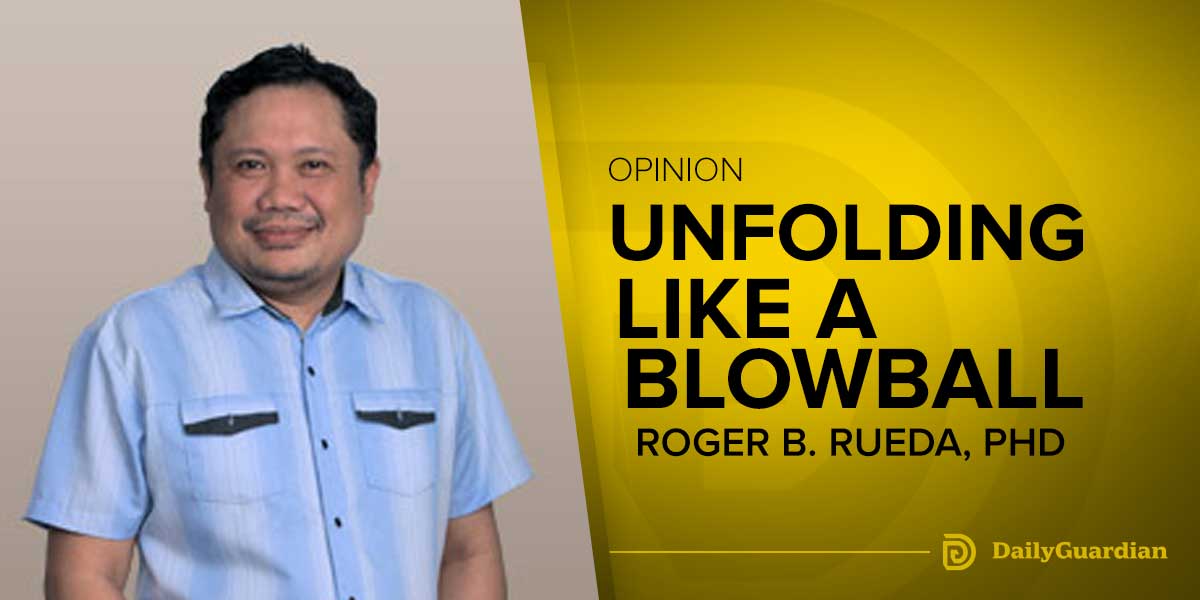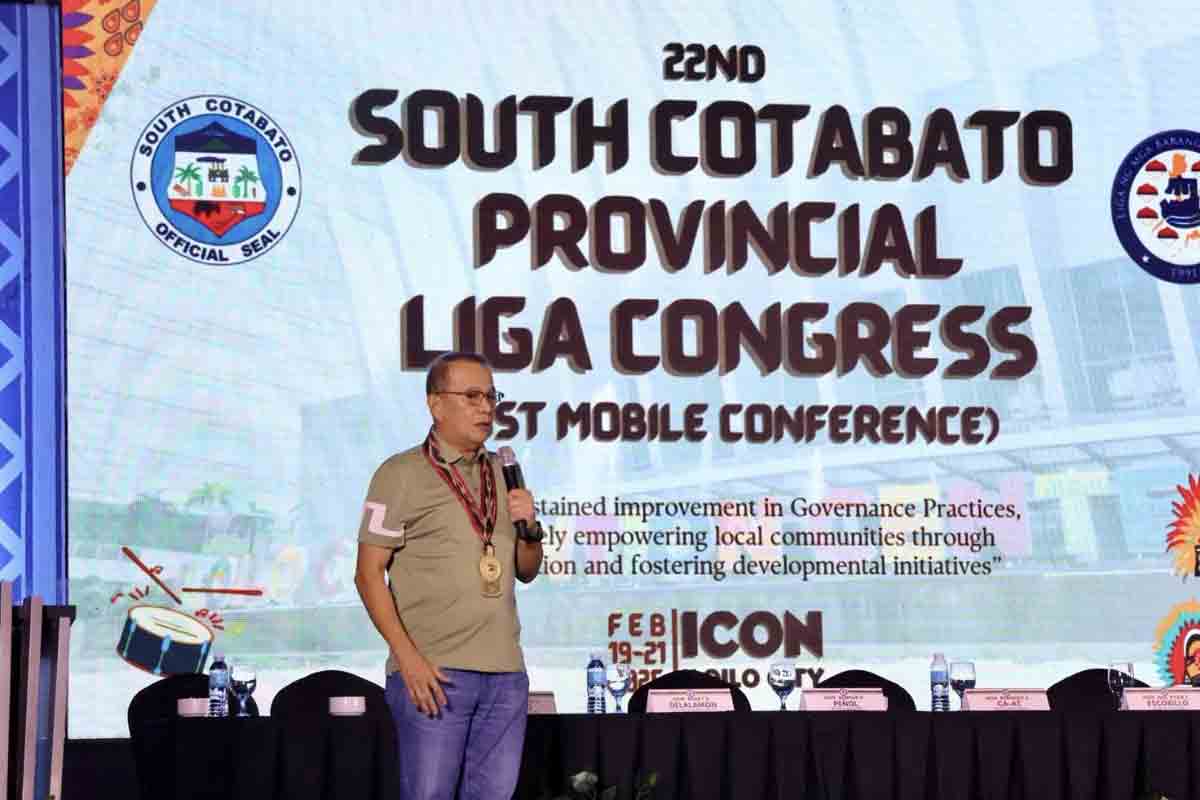By Herman M. Lagon
I HAVE written ten articles already featuring my top movies of all time. These iconic films were 2. Forrest Gump, 3. The Green Mile and Castaway, 4. Shawshank Redemption and Finding Nemo, 5. The Matrix and John Wick Trilogy, 6. The Lord of the Rings Trilogy, 7. Star Wars Series and Harry Potter Series, 8. Avatar and Titanic, 9. 12 Years a Slave and The Three Idiots, 10. Magnifico, Heneral Luna, Joker, and Ender’s Game. In this column, I want to focus on one of my two top picks, “Braveheart”, a film that stands out as an extraordinary masterpiece.
“Braveheart” (1995), directed by the multi-talented Mel Gibson, transports us to 13th-century Scotland when the Scottish people were subjected to the harsh rule of the English. The film’s narrative revolves around the life of Sir William Wallace, portrayed by Gibson himself. As a commoner turned warrior, Wallace symbolizes Scotland’s struggle for freedom and independence from the oppressive English monarchy.
This cinematic marvel boasts a stellar cast, including Sophie Marceau, Patrick McGoohan, and Catherine McCormack. Mel Gibson’s portrayal of Wallace is exceptional, capturing the essence of a fearless leader determined to fight for his people’s rights.
“Braveheart” is a multifaceted masterpiece that weaves a tapestry of profound themes and impactful quotes. At its core, the film explores the relentless pursuit of freedom and independence, with William Wallace serving as the embodiment of the idea that individuals are willing to make tremendous sacrifices for liberty and self-determination. This central theme celebrates the indomitable spirit of individuals and nations striving to break free from oppressive rule.
In addition to freedom, the film highlights the transformative power of solid leadership and heroism. William Wallace emerges as a charismatic and selfless leader who inspires his followers to stand against overwhelming odds. His actions serve as a testament to the notion that principled leadership and unwavering determination can change the course of history.
“Braveheart” also underscores the resilience of the human spirit in the face of adversity. Wallace endures personal loss, betrayal, and imprisonment, yet he remains committed to his cause. This resilience underscores the idea that even the most daunting challenges can be overcome with perseverance and unity.
Unity and sacrifice play a significant role in pursuing a common goal in the film. The Scottish people, representing various backgrounds and social classes, unite under Wallace’s leadership, sacrificing their comfort and safety for the greater good. This exemplifies the importance of solidarity and sacrifice in achieving shared aspirations.
Furthermore, “Braveheart” suggests that one’s actions can leave a lasting legacy and inspire future generations. Wallace’s courage and sacrifice inspired others, like Robert the Bruce, to continue the struggle for Scottish independence. This aspect of the film emphasizes that individuals who stand up for their beliefs can inspire change long after they are gone.
The film also vividly portrays the brutality of tyranny and oppression, serving as a stark reminder of the consequences of unchecked power and the importance of resisting unjust authority.
Lastly, “Braveheart” explores the themes of nationalism and cultural identity, portraying the Scottish characters as fiercely proud of their heritage and determined to preserve their way of life. This resonates with audiences who appreciate the significance of cultural identity and the preservation of traditions.
The film’s iconic quotes capture the essence of these themes. Lines like “They may take our lives, but they’ll never take our freedom!” and “Every man dies, not every man really lives” resonate because they symbolize the indomitable human spirit’s
***
Doc H fondly describes himself as a ‘student of and for life’ who, like many others, aspires to a life-giving and why-driven world that is grounded in social justice and the pursuit of happiness. His views herewith do not necessarily reflect those of the institutions he is employed or connected with.

























